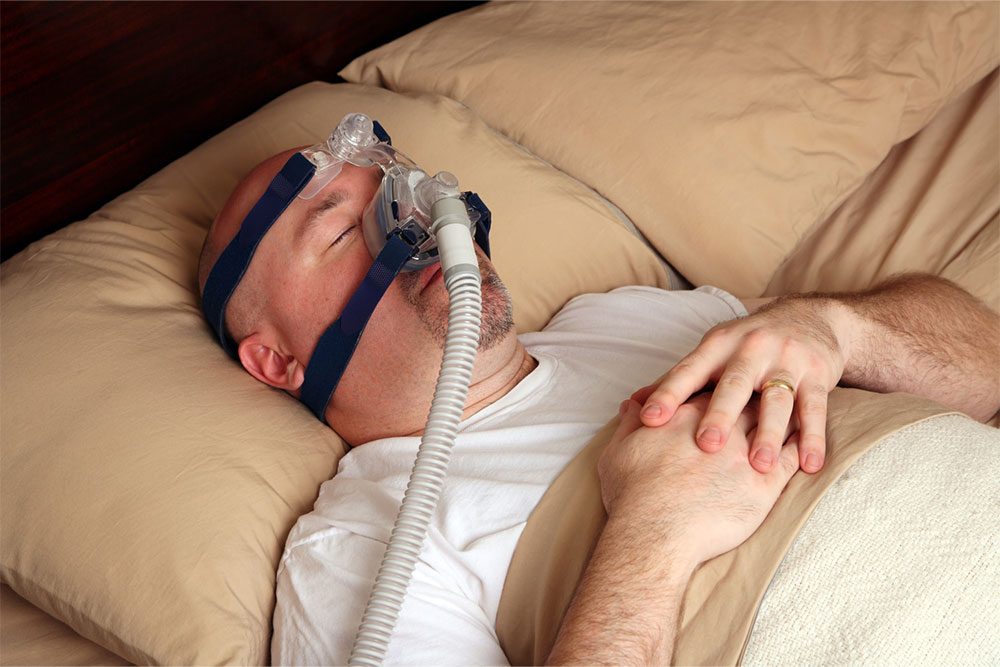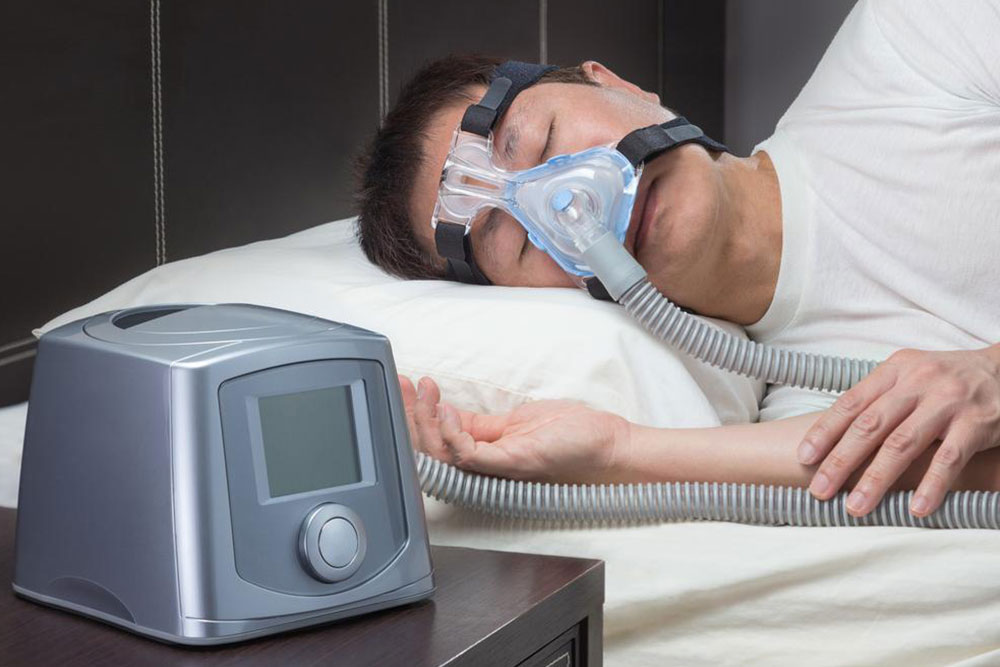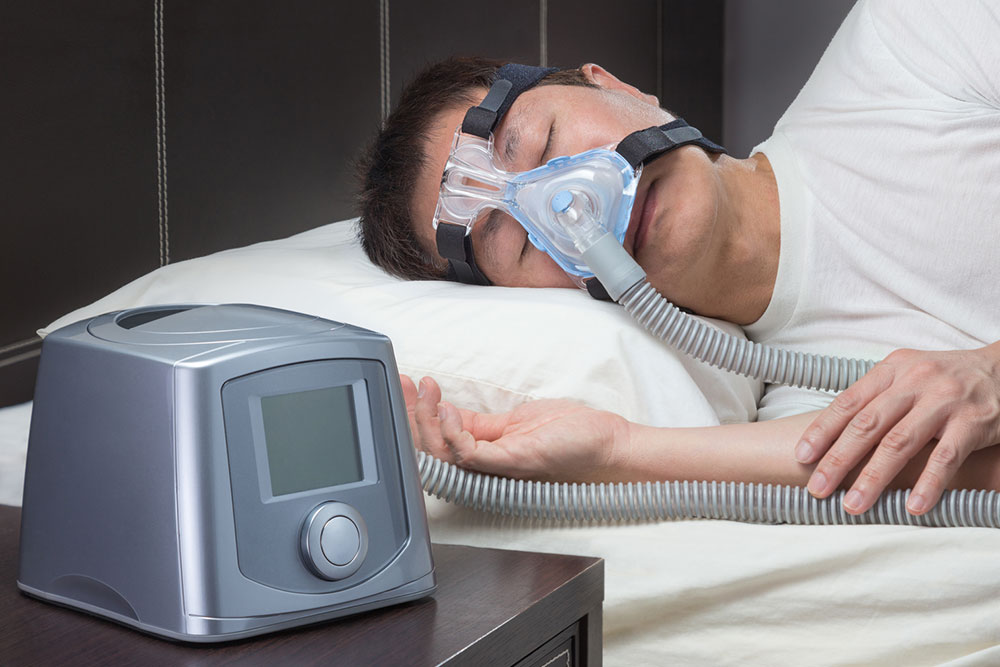Ultimate Guide to Understanding and Managing Sleep Apnea for Better Health
This comprehensive guide delves into sleep apnea, highlighting its health implications, symptoms, and effective management options. It emphasizes early diagnosis and lifestyle modifications to improve quality of life and reduce serious health risks, including cardiovascular disease and cancer. Learn how medical treatments like CPAP, oral appliances, and surgery, coupled with healthy habits, can mitigate the disorder's effects, ensuring better sleep and overall health.

Comprehensive Guide to Managing Sleep Apnea and Its Impact on Overall Health
Sleep apnea has emerged as one of the most common yet often underestimated sleep disorders affecting millions globally. Characterized by recurrent pauses in breathing during sleep, this condition can lead to a multitude of health issues if left untreated. Despite its prevalence, many individuals remain unaware of their condition due to the subtlety or absence of obvious symptoms. This extensive guide aims to provide a thorough understanding of sleep apnea, its health implications, signs to watch for, and effective management strategies to improve quality of life and reduce associated health risks.
Recent medical research sheds light on the serious nature of sleep apnea, revealing its connection not only to immediate symptoms like loud snoring and daytime fatigue but also to long-term health consequences, including an increased risk of certain types of cancer. Recognizing and managing sleep apnea early can dramatically improve health outcomes and prevent life-threatening complications.
Recurrent breathing interruptions during sleep reduce oxygen supply to vital organs, including the brain, leading to frequent arousals and gasping episodes. These pauses in breathing are often unnoticed by the individual but can significantly disturb sleep architecture, resulting in excessive daytime sleepiness and impaired cognitive function. Medical professionals have developed various treatment options to address sleep apnea effectively, aiming to restore normal breathing during sleep and mitigate health risks.
Historically considered difficult to treat, recent studies have established a clear link between sleep apnea and serious health conditions such as cardiovascular disease, strokes, diabetes, obesity, depression, and possibly, an increased risk of certain cancers. Long-term oxygen deprivation during sleep plays a central role in these adverse outcomes, emphasizing the importance of early diagnosis and intervention.
Notably, health experts highlight that sleep apnea's impact goes beyond discomfort—it's a significant health hazard. The unpredictability of oxygen deprivation affects every organ, particularly the brain and heart, increasing the likelihood of chronic health problems. Recognizing this, researchers are increasingly focusing on the connection between sleep apnea and cancer, with some recent studies indicating that severe sleep apnea may elevate cancer risk by over 65%. This critical finding underscores the need for public awareness and proactive management.
Various studies across different populations have demonstrated the profound impact of sleep apnea on health. For instance, a comprehensive study involving 7,000 participants in France and Spain showed that those with severe sleep apnea had a markedly higher cancer incidence. Similarly, research from Wisconsin revealed that individuals experiencing breathing issues at night had up to five times the risk of dying from cancer compared to those without sleep disorders, even after accounting for common risk factors such as smoking and alcohol consumption. These findings reinforce the independent and significant association between sleep apnea and heightened cancer risk.
Recognizing early signs of sleep apnea is vital. Symptoms like recurring morning headaches, excessive daytime sleepiness, difficulty concentrating, and audible snoring should prompt individuals to seek medical evaluation. Lifestyle modifications also play a crucial role in managing and alleviating symptoms. Simple changes such as sleeping on your side, using specially designed pillows, and avoiding substances like alcohol and tobacco before bedtime can significantly improve sleep quality and reduce breathing disruptions.
Effective management of sleep apnea is tailored according to severity. Medical treatment options include:
CPAP Therapy: Continuous Positive Airway Pressure (CPAP) devices are considered the gold standard for moderate to severe sleep apnea. They work by keeping the airway open through a constant flow of pressurized air, preventing collapse during sleep. While highly effective, some users may experience initial discomfort adjusting to the device.
Oral Appliances: Custom-fitted dental devices reposition the jaw and tongue to improve airway patency. These are particularly suitable for mild to moderate cases and often preferred by patients who find CPAP machines uncomfortable.
Surgical Interventions: various surgical procedures are available to remove or reposition tissues obstructing the airway, such as uvulopalatopharyngoplasty (UPPP), maxillomandibular advancement, or nerve stimulation. Surgery is usually reserved for severe cases or when other treatments fail, and its success varies based on individual anatomy and underlying causes.
Diagnosis of sleep apnea can be challenging due to the nonspecific nature of symptoms. A detailed sleep study, known as polysomnography, conducted in a sleep center or via home sleep testing, is essential for accurate diagnosis. Early diagnosis allows for timely treatment, reducing health risks and improving sleep quality.
To enhance sleep health, individuals are encouraged to adopt complementary habits:
Achieve and maintain a healthy weight through balanced nutrition and regular exercise.
Follow a diet rich in fiber, lean proteins, and healthy fats to support overall health.
Engage in regular physical activity to promote weight management and cardiovascular health.
Avoid alcohol and sedatives close to bedtime, as they relax airway muscles and exacerbate breathing disruptions.
Practice good sleep hygiene by establishing consistent sleep schedules and relaxing bedtime routines.
In conclusion, sleep apnea is a widespread yet underdiagnosed disorder with serious health consequences if neglected. From increased risks of cardiovascular problems and diabetes to potential links with cancer, understanding and managing this condition is crucial for safeguarding long-term health. Early recognition of symptoms, lifestyle adjustments, and medical intervention can lead to improved sleep quality and significantly reduce health risks, paving the way for a healthier lifestyle.





